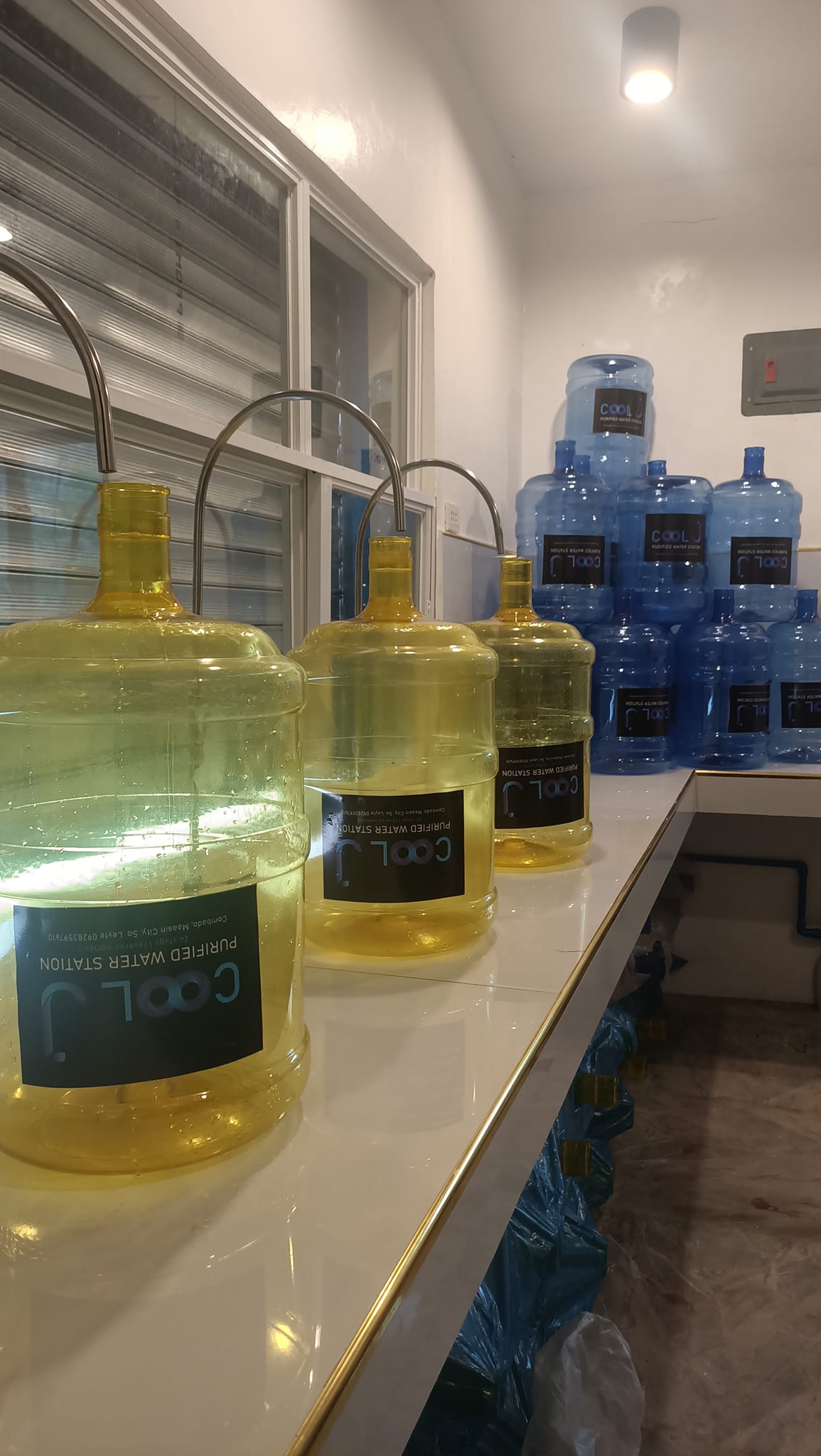Solar panels have emerged as a popular and eco-friendly solution for sustainable energy. These photovoltaic marvels convert sunlight into electricity, providing a clean and renewable alternative to traditional power sources. If you’re contemplating the switch to solar energy, this guide aims to demystify solar panels, empowering you to make well-informed choices for a more sustainable future.
Cracking the Code: How Solar Panels Operate
At the core of solar panels are photovoltaic cells, typically crafted from silicon. These cells employ the photovoltaic effect, converting sunlight into direct current (DC) electricity. Electrons are set in motion as sunlight hits the cells, generating an electric current. Subsequently, inverters transform this DC electricity into alternating current (AC) ready to power your home or be channeled into the grid.
Varieties of Solar Panels
Solar panels come in three main types: monocrystalline, polycrystalline, and thin film.
- Monocrystalline Panels: Acknowledged for their high efficiency, monocrystalline panels comprise single-crystal silicon. They are space-efficient and perform admirably even in low-light conditions.
- Polycrystalline Panels: These panels are constructed from multiple silicon crystals and offer a cost-effective alternative to monocrystalline counterparts. Though slightly less efficient, they’re a popular choice for residential installations.
- Thin-Film Panels: Thin-film panels are crafted from layers of semiconductor materials and are flexible and lightweight. While less efficient than crystalline panels, they find suitability in unique applications, such as curved surfaces.
The selection of the right solar panel hinges on considerations such as energy needs, available space, and budget.
Critical Considerations Before Embracing Solar Power
1. Energy Requirements: Evaluate your household’s energy consumption to determine the optimal size of the solar panel system. Factors such as the number of occupants, appliance usage, and electricity consumption patterns play a crucial role.
2. Roof Compatibility: Examine your roof’s orientation and tilt to ensure that it receives ample sunlight. Although south-facing roofs with minimal shading are ideal, advancements in solar technology allow installation on various roof types and orientations.
3. Budgetary Constraints: Solar panels promise long-term savings, but they do involve an initial investment. Consider your budget, available incentives, and financing options. Many governments and utility companies provide rebates and incentives to encourage solar adoption.
4. Maintenance Planning: Although solar panels generally demand minimal upkeep, regular cleaning and debris removal are essential for optimal performance. Periodic inspections ensure the longevity and efficiency of your solar panel system.
Installation and Upkeep
After deciding to embrace solar power, engaging a qualified installer is crucial. They will assess your property, determine the appropriate system size, and oversee a proper installation. Routine maintenance, including cleaning and occasional inspections, will ensure that your solar panels operate efficiently throughout their lifespan. Individuals seeking eco-friendly energy solutions can benefit from consulting reputable solar panel installers in Milton Keynes for a seamless transition to sustainable power sources.
Environmental and Financial Advantages
Embracing solar power brings forth numerous benefits. From a financial standpoint, solar panels can substantially reduce or eliminate your electricity bills, with surplus energy often eligible for sale back to the grid. Beyond economic gains, solar energy significantly reduces your carbon footprint, contributing to a cleaner environment and a more sustainable future.
In summary, solar panels stand as a renewable and environmentally friendly energy solution. Understanding the nuances of panel types, evaluating energy needs, and factoring in considerations like roof compatibility and budget are pivotal steps in the decision-making process. By tapping into the sun’s energy, you’ll cut down your energy costs and play a pivotal role in fostering a greener and more sustainable planet.
 Blog For Noob Random thought of a Noob Blogger
Blog For Noob Random thought of a Noob Blogger









